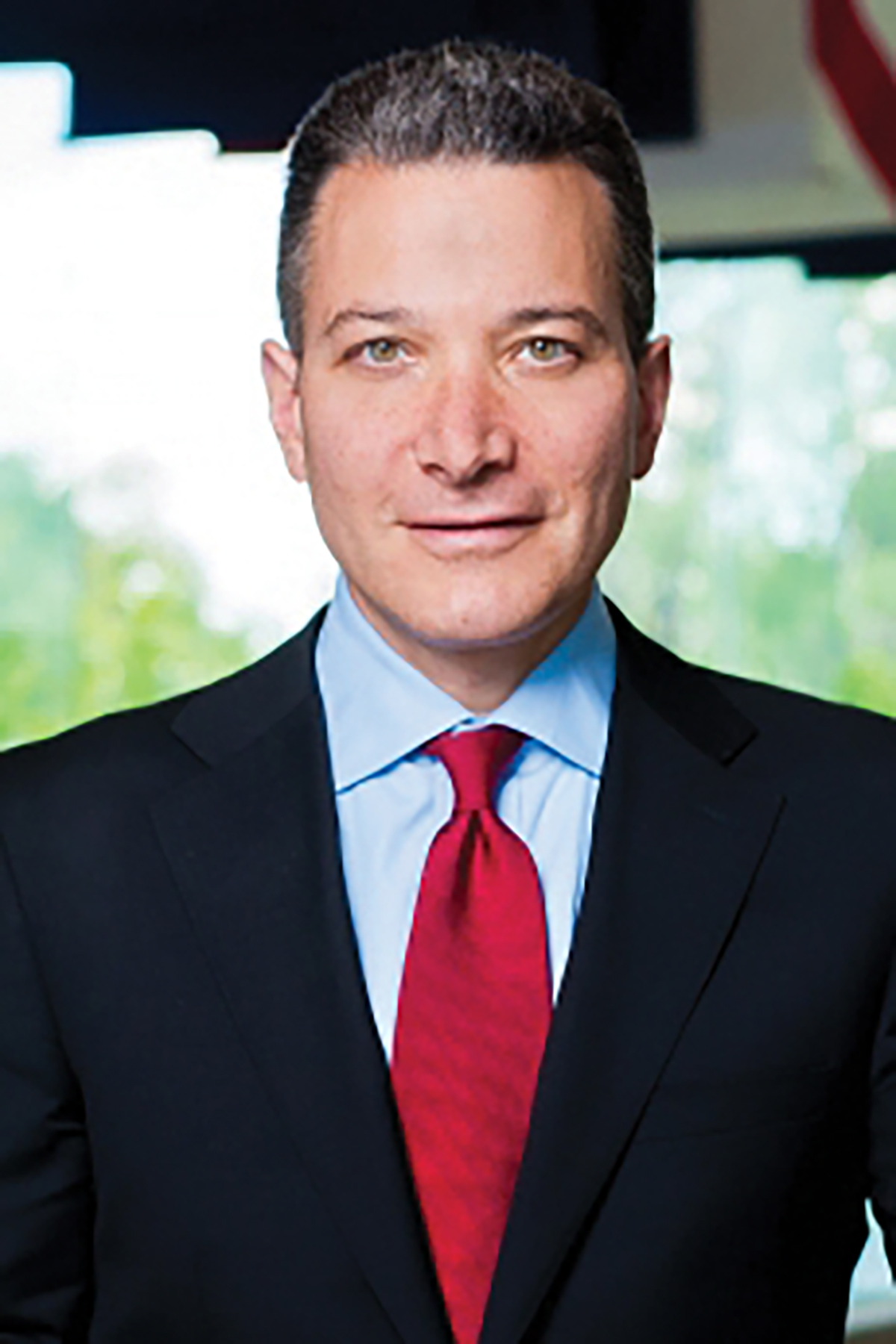Jeffrey Rosen may be president and CEO of the National Constitution Center – the only institution in America chartered by Congress “to disseminate information about the United States Constitution on a non-partisan basis” – but there’s a title he holds in greater regard.
“I think there’s no higher calling than being privileged to be a teacher, and to excite others about lifelong learning,” said Rosen, whose many titles also include professor at The George Washington University Law School, nonresident senior fellow at the Brookings Institution and contributing editor for The Atlantic.

Having previously visited Chautauqua Institution in 2014 to talk on “The Ethics of Privacy,” Rosen returns this week for discussion on the future of the Supreme Court. He will speak at 10:45 a.m. Wednesday in the Amphitheater and at 3:30 p.m. Wednesday in the Hall of Philosophy. Also this week, the National Constitution Center orchestrated a series of interactive master classes through special studies, with the final one, titled “The Future of the Media in a Post-Truth Society,” coming Thursday.
Rosen said he is eager to introduce Chautauquans to the National Constitution Center’s Interactive Constitution resource. Launched in 2015, the Interactive Constitution website and app allows citizens to explore the Constitution clause-by-clause, with top liberal and conservative American scholars describing where they agree and disagree.
“Chautauquans can educate themselves about these difficult and fascinating issues and make up their own minds,” Rosen said, adding the Interactive Constitution is “designed for lifelong learners from 8 to 80.”
Now based in Philadelphia with the National Constitution Center, Rosen has received degrees from Harvard College, Oxford University and Yale Law School.
Rosen said he became interested in English and history at a young age, and fondly recalls visiting the Library of Congress in Washington, D.C., for the first time. After high school, he began thinking more and more about finding a job that merged his interests of history, literature and government.
Having become a recognized academic and commentator, Rosen was once called “the nation’s most widely read and influential legal commentator” in The Los Angeles Times. His work has appeared in The New York Times Magazine, The Atlantic Monthly, on National Public Radio and in The New Yorker, where he was a staff writer.
As he has gotten older, Rosen said he’s learned to do more listening, especially as a teacher. He recalled a recent conversation with one of his former teachers, Yale Law School Sterling Professor Emeritus Owen Fiss, who advised him a teacher is at times more like an emcee.
“A great teacher is a moderator more than a lecturer, and is encouraging conversation rather than trying to impart any particular point of view,” Rosen said.
Rosen said he is looking forward to a combination of listening, teaching and moderating while at Chautauqua. His 3:30 p.m. Heritage Lecture will focus on Justice Louis Brandeis, who served on the Supreme Court from 1916 to 1939, and what Brandeis might think of current challenges involving the future of privacy and free speech.
“Whenever I have a hard constitutional question, I ask, ‘WWBD? What would Brandeis do?’ ” said Rosen, who is the author of a number of books, including Louis Brandeis: American Prophet.
Rosen noted some current constitutional questions range from “Is partisan gerrymandering unconstitutional?” to “Can the president ban people from his Twitter feed?” and “How do we think about the future of privacy and free speech in the age of Google and Facebook?”
“There’s a new constitutional question in the news every day, so it’s remarkable how intense the interest is in the Constitution and how quickly the questions change,” Rosen said.
Rosen said there’s no way to have a rich understanding of a constitutional question unless someone listens to arguments on both sides.
“Just because you feel strongly about an issue doesn’t mean the Constitution necessarily supports your conclusions,” Rosen said. “Be open-minded enough and have enough civic humility to listen respectfully to the arguments on all sides, and be open to the possibility of changing your mind after you’ve heard those arguments.”




